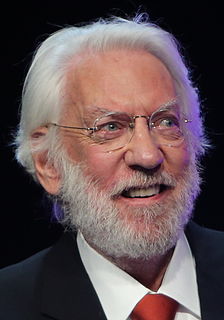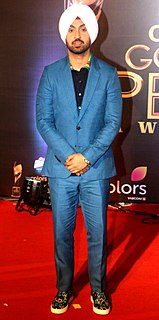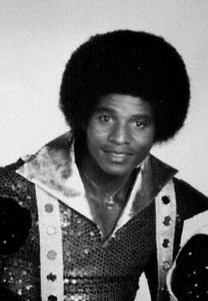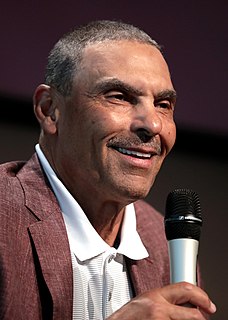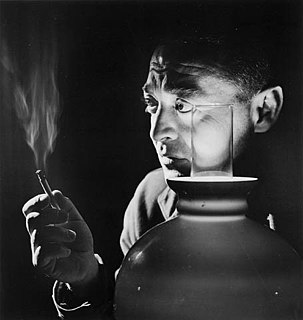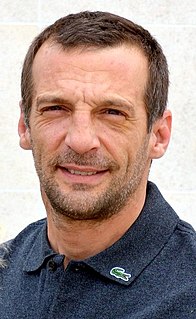A Quote by Antara Mali
I think interviews should happen after a journalist sees a film. You have a lot to talk about then.
Related Quotes
I thought, "Oh, my god, that's what happens every time I talk with a journalist in the middle of shooting and I talk about my character. I describe him, I objectify him, and I kill him." So, I've never spoken with a journalist in the middle of a film. I don't do the EPK until the very end of a film. I can't talk about Kiefer's process, but what he brings to the table is beautiful.
I went to art school, wanting to be a painter and then I got into photography. Then it was movies, and I liked the images. One of the things that interested me in film was that I was communicating in images. That was something I did intuitively and could not even talk about until I started having to do interviews.
Interviews, when they are just simply an exercise in hearing what you want to hear, are of no interest. And many, many, if not most interviews have that character. The interviewer who comes in with a list of bullet points they're going to address one after the other. Interviews, properly considered, should be investigative. You should not know what you're going to hear. You should be surprised.
I'm ready for all forms of dialogue about the film The Conquest. There will be a lot of political talk, but I don't think the film itself will be scandalous. For the French, there are so many emotions relating to Sarkozy and politicians in general that I think the film will generate a lot of passion, whether it be negative or positive. Above all, it's a fictional film. It was important not to make a documentary and to really pay attention to the images. From the choice of the actors to the mise en scene, the film is completely cinematographic. It's not just a boring political movie.
We also have this reflex of using specialists for everything, instead of having the person who is there every day with them, the teacher, talk about death and suicide. In the film, it's portrayed a little bit like a caricature, but it's the psychologist who comes in and Monsieur Lazhar does not think it's a good idea. He thinks he should be the one who should talk about that with the children.
I think being attracted to mistakes is one of the things that film can capture in a way that theater can't. Film can capture a moment of spontaneous life that will never be captured again. I like a lot of structure and a lot of lines, but then within that I make room for things to happen that you couldn't have predicted.
Historically it has been a touchy subject, especially in the south where I am from, people don't really talk about it. If they do talk about it, it is often talked about negatively. Nowadays in light of the Black Lives Matter movement I think people should pay attention to these lives also. I think the Black community will really embrace the film [Moonlight]. It is about us. It is real.
There's a lot of Hollywood bullshit about flying. I mean, look at the movies about test pilots or fighter pilots who face imminent death. The controls are jammed or something really important has fallen off the plane, and these guys are talking like magpies; their lives are flashing past their eyes, and they're flailing around in the cockpit. It just doesn't happen. You don't have time to talk. You're too damn busy trying to get out of the problem you're in to talk or ricochet around the cockpit. Or think about what happened the night after your senior prom.

